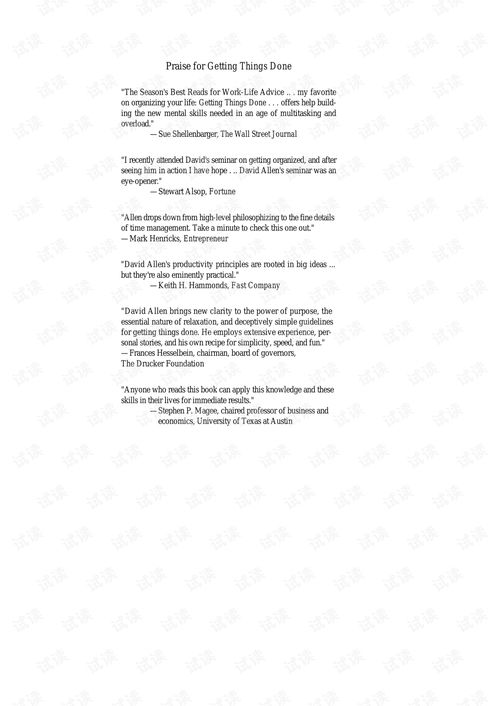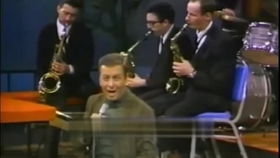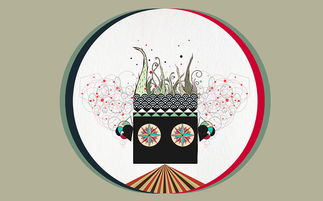Content:
Fishing is an ancient pastime that has been cherished by enthusiasts around the world for centuries. Whether you're a seasoned angler or a beginner looking to improve your skills, mastering the art of quick hook-up techniques can significantly enhance your fishing experience. In this article, we will delve into various methods and tips to help you hook fish more efficiently and enjoy a more productive day on the water.
Understanding the Basics

Before we dive into the specifics of quick hook-up techniques, it's crucial to understand the basics of fishing. This includes knowing the types of hooks, baits, and lures that work best for the fish you're targeting, as well as understanding the behavior and feeding patterns of your prey.
Choosing the Right Equipment
The first step in achieving quick hook-ups is to ensure you have the right equipment. Here are some key components to consider:
- Hooks: Select hooks that are appropriate for the size and type of fish you're aiming to catch. Lighter hooks are ideal for delicate fish, while heavier hooks are better for larger species.
- Line: Use a line that matches the weight of your hook and the strength of the fish you're targeting. Monofilament, fluorocarbon, and braided lines all have their advantages, so choose the one that suits your fishing style.
- Leaders: A leader is a shorter section of line that connects your main line to your lure or bait. It helps to protect your main line from abrasive conditions and can also help to match the color and diameter of the fish's natural prey.
- Rods and Reels: Choose rods and reels that are designed for the type of fishing you'll be doing. A lightweight rod and reel combination is often preferred for quick hook-ups.
Mastering the Art of Casting
One of the most critical aspects of quick hook-ups is casting. Here are some tips to improve your casting technique:
- Practice: Spend time practicing your casting technique to develop a smooth, accurate throw.
- Control: Maintain control over your rod and line to ensure your bait lands softly and precisely.
- Timing: Learn to time your casts to match the fish's feeding patterns. For example, casting just before or after a fish rises to feed can increase your chances of a quick hook-up.
Using the Right Bait and Lure
The type of bait or lure you use can greatly impact your hook-up success. Here are some tips:
- Natural Bait: Live bait, such as worms, minnows, or leeches, can be highly effective. Make sure the bait is fresh and lively to attract fish.
- Artificial Lures: Artificial lures, like spinners, jigs, and crankbaits, can mimic the movement of real prey. Choose lures that match the size and color of the fish's natural food source.
- Presentation: The way you present your bait or lure is crucial. A slow, steady retrieve can attract fish, while a faster, erratic motion can trigger strikes.
Quick Hook-Up Techniques
Now that you have the right equipment and casting technique, it's time to focus on the actual hook-up. Here are some quick hook-up techniques to consider:
- Hook Set: When you feel a bite, don't wait too long to set the hook. A quick, firm pull can help secure the fish.
- Hook Position: Ensure that the hook is properly positioned in the fish's mouth. For example, with a worm, the hook should be in the middle of the worm's body.
- Line Management: Keep your line tight but not too tight. A tight line can help you feel the fish's movements and react quickly.
- Reeling Technique: Use a steady, consistent reeling motion to bring the fish in. Avoid reeling too fast, as this can exhaust the fish and make it easier to escape.
Conclusion
Mastering the art of quick hook-up techniques can transform your fishing experience, leading to more successful outings and greater enjoyment of the sport. By understanding the basics, choosing the right equipment, perfecting your casting technique, and using the right bait and lure, you'll be well on your way to becoming a more skilled angler. Remember, practice and patience are key to success, so don't get discouraged if you don't catch fish right away. With time, you'll develop the skills needed to hook fish quickly and efficiently, making every fishing trip a memorable one.












